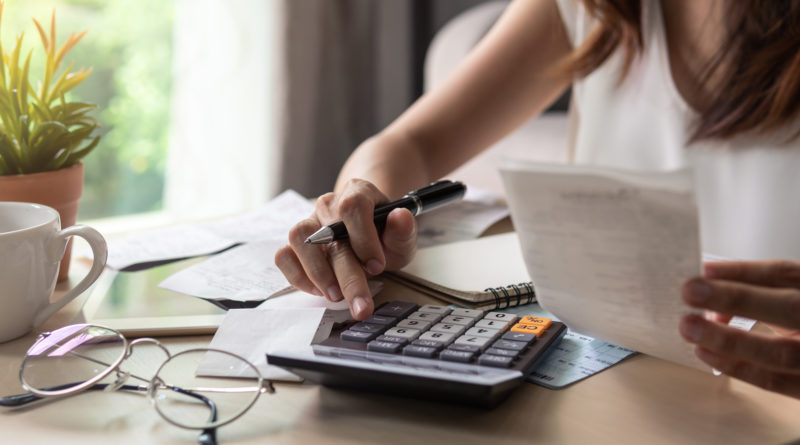Three Budgeting Tips for the New Year
1,161 total views, 1 views today
The new year can inspire simple resolutions that foster positive growth, and one such common resolution is saving money. Building toward better financial habits can be more than a short-term goal – it’s important in the long term too.
Of course, saving money can seem like a difficult feat since life often gets expensive fast. In reality, there are several easy ways to save well such as building credit, setting up an emergency fund, and investing. Below, learn more about these budgeting tips and equip yourself to be more financially independent for the new year.
1. Use credit cards
Although some people may shy away from opening a credit card account since credit cards can lead to debt, there are many advantages to owning a credit card. For starters, paying your credit card bills on time can improve your credit score, which reflects your borrowing and payment history.
A good credit score isn’t just a random number. It can also increase your access to loans, make landlords more likely to approve your apartment applications, and decrease your potential mortgage interest rates. If you consistently pay your credit card bills on time, you can build this good credit, but if you’re consistently late or you miss payments, your credit score will decrease.
You can also use credit cards for more than improving your credit score. Many credit card companies offer cashback spending rewards or airline miles if you regularly use your card. Although these rewards often come with annual membership fees, some no-fee cards offer these rewards too. Even if you choose a credit card that does have fees, your spending rewards can offset the cost of keeping the card open and help you save money for certain expenses.
2. Set up an emergency fund
The new year is a perfect chance to start an emergency fund, which is important to have in case you fall into a financial crisis such as an unexpected hospitalization. In fact, according to the Federal Reserve, approximately 40 percent of Americans can’t afford a $400 emergency, and if this sounds like you, then now is the time to start an emergency fund.
Your emergency fund should contain enough money to cover at least three to six months of non-discretionary spending, which includes any bills you have to pay monthly. Such bills might include groceries, transportation, utilities, and housing payments such as rent or mortgage.
To set up your emergency fund, aim to add approximately ten percent of all your paychecks to your emergency fund until you reach the three-to-six month threshold described above. To facilitate these savings, you can set up automatic payments that funnel a percentage of your income into a high-yield savings account.
3. Invest well
After you’ve built good credit, saved money, and started an emergency fund, you can next become an investor. You can loan money to others by purchasing a treasury bond or savings bond through a brokerage account, which is what most investors use to buy and sell bonds, mutual funds, and stock. With a brokerage account, you can transfer and withdraw money whenever you like.
Alternatively, you can buy a certificate of deposit (CD). When purchasing a CD, a bank or other financial institution will offer you interest payments in exchange for your deposit. Unlike with a brokerage account, you’ll have a period during which you can’t withdraw money from your CD, so make sure you’re investing money you don’t expect to need soon. Whether you choose a CD or a brokerage account, you’ll be set to gradually accumulate money in the long term.
How will you be budgeting for the new year? Sound off in the comments!

